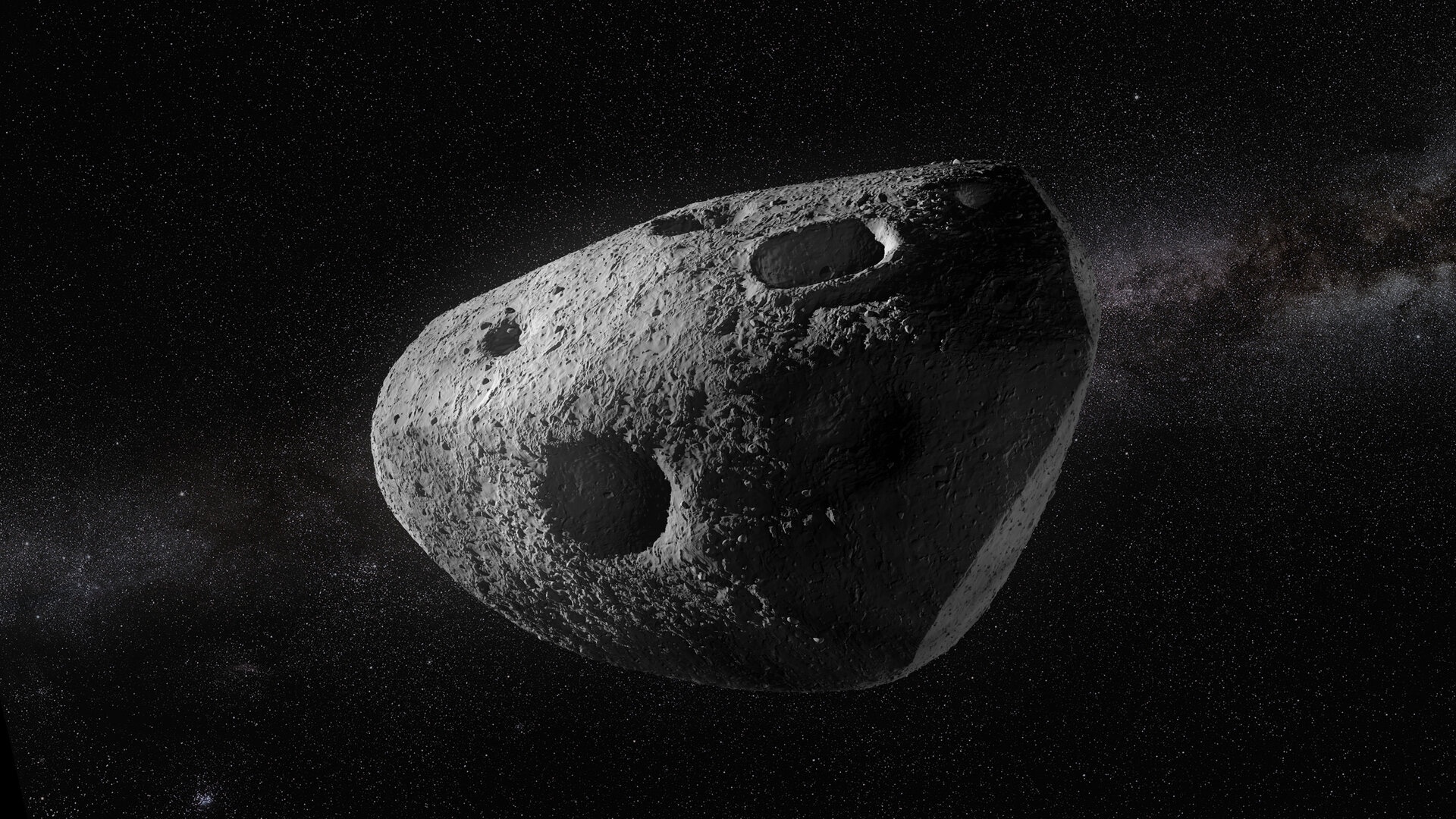Two innovative small satellite missions are vying for funding to explore the asteroid Apophis, which is set to make a close approach to Earth in 2029. These missions aim to gather critical data by flying past the asteroid and potentially conducting a collision experiment. The efforts highlight a significant push in space exploration, particularly related to planetary defense.
Apophis, discovered in 2004, initially raised concerns due to the possibility of impacting Earth. However, subsequent observations have confirmed that it will safely pass by our planet at a distance of approximately 31,000 kilometers in April 2029. This close encounter presents a unique opportunity for scientists to study the asteroid’s composition and behavior in detail.
The proposed missions are being developed by teams from the University of Utah and the Planetary Society. The University of Utah’s concept involves a small satellite that would fly by Apophis, using advanced imaging technology to capture detailed photographs of its surface. This data could enhance our understanding of the asteroid’s structure and surface materials.
The second mission concept, led by the Planetary Society, aims to deploy a small spacecraft that would not only observe the asteroid but also attempt a controlled collision. This collision could provide invaluable information about the asteroid’s internal properties and how it might respond to potential future threats.
Funding for these ambitious missions is currently being pursued through various channels, including governmental and private sector partnerships. The teams are optimistic about securing the necessary resources to move forward with their plans, emphasizing the scientific value of studying asteroids like Apophis.
NASA has expressed interest in collaborative opportunities related to these missions, recognizing the importance of preparing for potential asteroid impacts. The agency’s involvement could provide additional technical support and resources, enhancing the missions’ capabilities.
The study of asteroids is crucial not only for planetary defense but also for understanding the early solar system’s formation. As scientists continue to explore these celestial bodies, the data collected from missions to Apophis could play a pivotal role in advancing our knowledge of the universe.
In summary, the proposed small satellite missions targeting Apophis represent a significant step in planetary exploration. With the asteroid’s close approach in 2029, researchers are eager to gather data that could inform future efforts to protect Earth from potential asteroid threats. The outcome of these missions will not only contribute to scientific understanding but also enhance our preparedness for safeguarding our planet.







































































